Then I saw thrones; those who sat on them were entrusted with judgment. I also saw the souls of those who had been beheaded for their witness to Jesus and for the word of God, and who had not worshiped the beast or its image nor had accepted its mark on their foreheads or hands. They came to life and they reigned with Christ for a thousand years. The rest of the dead did not come to life until the thousand years were over. This is the first resurrection. Blessed and holy is the one who shares in the first resurrection. The second death has no power over these; they will be priests of God and of Christ, and they will reign with him for [the] thousand years. (Rev 20:4-6)
Of this passage, the renowned theologian Cardinal Jean Daniélou (1905-1974) wrote:
The essential affirmation is of an intermediate stage in which the risen saints are still on earth and have not yet entered their final stage, for this is one of the aspects of the mystery of the last days which has yet to be revealed. —A History of Early Christian Doctrine Before the Council of Nicea, 1964, p. 377
The “intermediate stage“, according to both mystics and popes, is an era of triumphant sanctity that is both the vindication of the Word of God and the purification of the Bride of Christ in order “that He might present to himself the Church in splendor, without spot or wrinkle or any such thing, that she might be holy and without blemish” (Eph 5:27, Rev 19:8).
On November 6, 1927, Jesus once again gave us a window through Servant of God Luisa Piccarreta into what this mysterious “resurrection” is:
I came upon earth in order to resurrect man from the state of death, to heal him, to give him all possible remedies, to make him return to the first state of his origin, knowing that if he returned into Our Will, from which he came, he would already be prepared to be maintained in the royal state of dominant. Even more, you must know that for those who live or will live in It, the acts which I did in Redemption will serve not as remedies, but as happiness, as joy, and as the most beautiful ornament in the royal palace of my Will. —Volume 23
Hence, it is a resurrection into the Divine Will that Adam once forfeited (see The Resurrection of the Church).
But more than that, St. John speaks of a “reign… for a thousand years.” What kind of reign? Political? No, that is secular messianism, which the Church roundly condemns.[1]Catechism of the Catholic Church, n. 676 The reign of Jesus in the flesh as King and ruler? No, the expectation of a bodily return of Jesus to reign on earth has been as the heresy of millenarianism.
Rather, Jesus tells us it is the reign of the person in the Divine Will (ie. “Supreme Fiat”), which is not only obedience (like a servant) but to take possession of all the goods of Creation (like a son or daughter), indeed, to participate in the interior life of the Holy Trinity itself.
…to one who maintains herself in the state of origin by living in the Supreme Fiat, is due the state of queen, and, as queen, it befits her to possess. More so, since she is a queen who lives in the royal palace of Our Will, and therefore it befits her to possess kingdoms, suns, heavens, seas, and that the King Himself live life together with her, making His queen happy, as she makes her King happy. This is why the goods of Creation were to be more extensive; otherwise, how could hers be the state of queen, if she did not have dominion, and kingdoms to dominate? —ibid.
Sharers in Christ
As baptized Christians, we share in Christ’s office:
Christ, high priest and unique mediator, has made of the Church “a kingdom, priests for his God and Father.” The whole community of believers is, as such, priestly. The faithful exercise their baptismal priesthood through their participation, each according to his own vocation, in Christ’s mission as priest, prophet, and king. —Catechism of the Catholic Church, n. 1546
What is more “kingly” than to rule over my own body by living fully in and according to the Divine Will? What higher fulfillment of the office of priest is there than bringing all of creation into the order and perfection that it was created to be?
To human beings God even gives the power of freely sharing in his providence by entrusting them with the responsibility of “subduing” the earth and having dominion over it. God thus enables men to be intelligent and free causes in order to complete the work of creation, to perfect its harmony for their own good and that of their neighbors. —CCC, 307; see Creation Reborn
Finally, what higher share in the prophetic office of Christ is there than the prophetic witness of one who has come into the order, place, and purpose for which they were created by God, that is, to possess the Gift of taking one’s place in the Kingdom of the Divine Will that the Church has prayed for every day in the Our Father?
Jesus is coming, yes, but only to reign in His Church in an all new manner after she follows her Lord in His own Passion, death, and resurrection (The Passion of the Church). It is the New Pentecost spoken of by mystics and pontiffs alike; it is the “era of peace” prophesied by the ancient prophets and explained by the Early Church Fathers; it is the triumph of the Church, as proclaimed by the popes.
And it seems to be that resurrection spoken of by John that will be the final stepping stone toward that “everlasting resurrection and judgment”[2]“I and every other orthodox Christian feel certain that there will be a resurrection of the flesh followed by a thousand years in a rebuilt, embellished, and enlarged city of Jerusalem, as was announced by the Prophets Ezekiel, Isaias and others… A man among us named John, one of Christ’s Apostles, received and foretold that the followers of Christ would dwell in Jerusalem for a thousand years, and that afterwards the universal and, in short, everlasting resurrection and judgment would take place.” —St. Justin Martyr, Dialogue with Trypho, Ch. 81, The Fathers of the Church, Christian Heritage at the end of time.
—Mark Mallett
Related Reading
Footnotes
| ↑1 | Catechism of the Catholic Church, n. 676 |
|---|---|
| ↑2 | “I and every other orthodox Christian feel certain that there will be a resurrection of the flesh followed by a thousand years in a rebuilt, embellished, and enlarged city of Jerusalem, as was announced by the Prophets Ezekiel, Isaias and others… A man among us named John, one of Christ’s Apostles, received and foretold that the followers of Christ would dwell in Jerusalem for a thousand years, and that afterwards the universal and, in short, everlasting resurrection and judgment would take place.” —St. Justin Martyr, Dialogue with Trypho, Ch. 81, The Fathers of the Church, Christian Heritage |

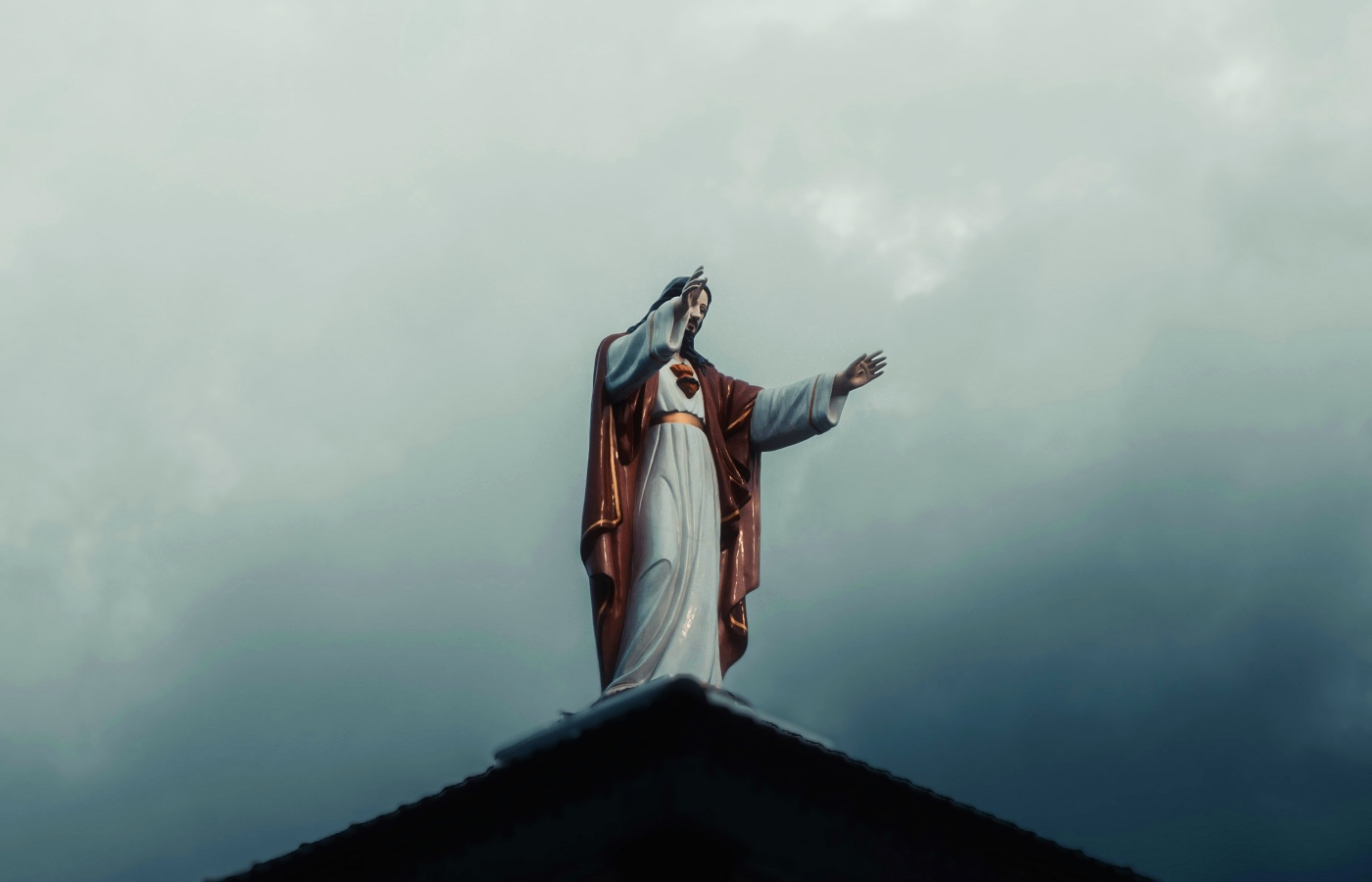

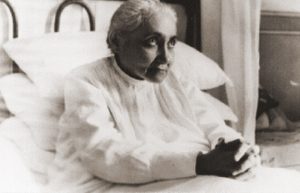 Why the Servant of God Luisa Piccarreta?
Why the Servant of God Luisa Piccarreta? of the saints. It wasn’t until she became a “Daughter of Mary” that the nightmares finally ceased at the age of eleven. In the following year, Jesus began to speak interiorly to her especially after receiving Holy Communion. When she was thirteen, He appeared to her in a vision that she witnessed from the balcony of her home. There, in the street below, she saw a crowd and armed soldiers leading three prisoners; she recognized Jesus as one of them. When He arrived beneath her balcony, He raised his head and cried out: “Soul, help Me!” Deeply moved, Luisa offered herself from that day on as a victim soul in expiation for the sins of mankind.
of the saints. It wasn’t until she became a “Daughter of Mary” that the nightmares finally ceased at the age of eleven. In the following year, Jesus began to speak interiorly to her especially after receiving Holy Communion. When she was thirteen, He appeared to her in a vision that she witnessed from the balcony of her home. There, in the street below, she saw a crowd and armed soldiers leading three prisoners; she recognized Jesus as one of them. When He arrived beneath her balcony, He raised his head and cried out: “Soul, help Me!” Deeply moved, Luisa offered herself from that day on as a victim soul in expiation for the sins of mankind. immobile, rigid-like state that appeared almost as if she were dead. It was only when a priest made the sign of the Cross over her body that Luisa regained her faculties. This remarkable mystical state persisted until her death in 1947—followed by a funeral that was no little affair. During that period in her life, she suffered no physical illness (until she succumbed to pneumonia at the end) and she never experienced bedsores, despite being confined to her little bed for sixty-four years.
immobile, rigid-like state that appeared almost as if she were dead. It was only when a priest made the sign of the Cross over her body that Luisa regained her faculties. This remarkable mystical state persisted until her death in 1947—followed by a funeral that was no little affair. During that period in her life, she suffered no physical illness (until she succumbed to pneumonia at the end) and she never experienced bedsores, despite being confined to her little bed for sixty-four years. Alicja Lenczewska
Alicja Lenczewska

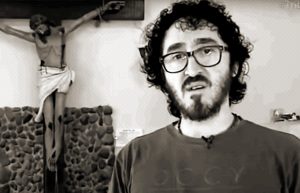
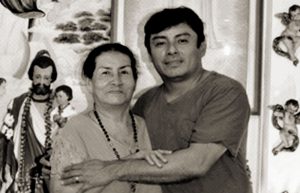
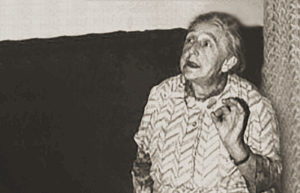 Elizabeth Kindelmann
Elizabeth Kindelmann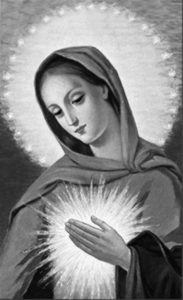 Through what became The Spiritual Diary, Jesus and Mary taught Elizabeth, and they continue to instruct the faithful in the divine art of suffering for the salvation of souls. Tasks are assigned for each day of the week, which involve prayer, fasting, and night vigils, with beautiful promises attached to them, laced with special graces for priests and the souls in purgatory. In their messages, Jesus and Mary say that The Flame of Love of the Immaculate Heart of Mary is the greatest grace given to mankind since the Incarnation. And in the not-so-distant future, her flame will engulf the entire world.
Through what became The Spiritual Diary, Jesus and Mary taught Elizabeth, and they continue to instruct the faithful in the divine art of suffering for the salvation of souls. Tasks are assigned for each day of the week, which involve prayer, fasting, and night vigils, with beautiful promises attached to them, laced with special graces for priests and the souls in purgatory. In their messages, Jesus and Mary say that The Flame of Love of the Immaculate Heart of Mary is the greatest grace given to mankind since the Incarnation. And in the not-so-distant future, her flame will engulf the entire world.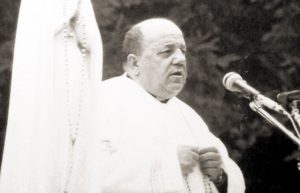 Father Stefano Gobbi
Father Stefano Gobbi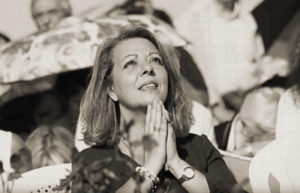 Why Gisella Cardia?
Why Gisella Cardia?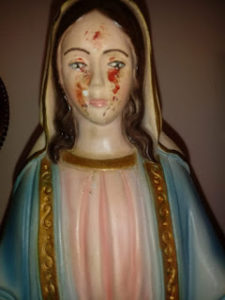 Thirdly, the messages have frequently been accompanied by visible phenomena, photographic evidence found in In Cammino con Maria, which cannot be the fruit of subjective imagination, notably the presence of the stigmata on Giselle’s body and and the appearance of crosses or religious texts in blood on Gisella’s arms. See the pictures taken from her apparition website
Thirdly, the messages have frequently been accompanied by visible phenomena, photographic evidence found in In Cammino con Maria, which cannot be the fruit of subjective imagination, notably the presence of the stigmata on Giselle’s body and and the appearance of crosses or religious texts in blood on Gisella’s arms. See the pictures taken from her apparition website 
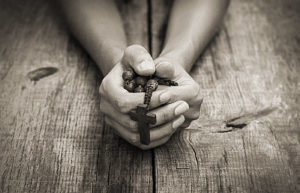 Jennifer
Jennifer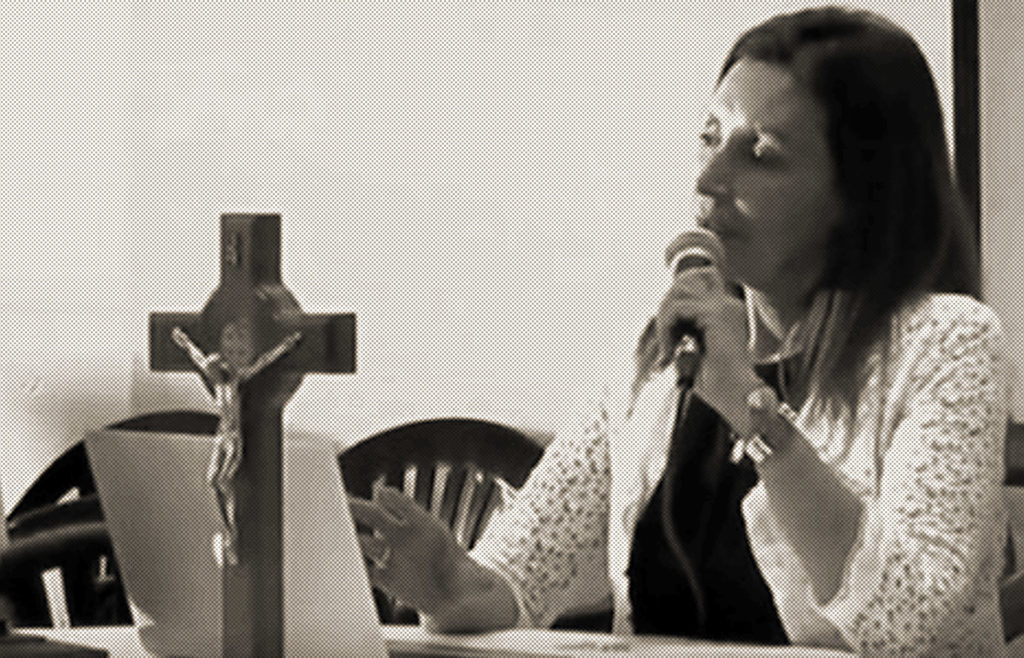
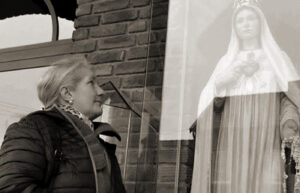 Why Manuela Strack?
Why Manuela Strack?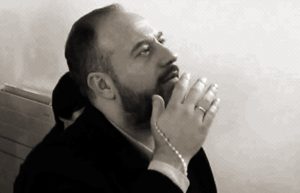
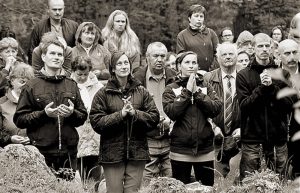
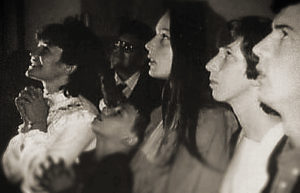 Why the Visionaries of Our Lady of Medjugorje?
Why the Visionaries of Our Lady of Medjugorje?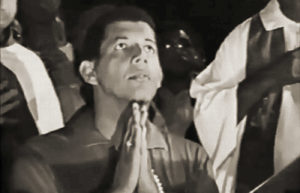 Why Pedro Regis?
Why Pedro Regis?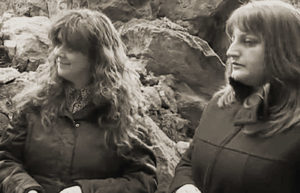 Why Simona and Angela?
Why Simona and Angela?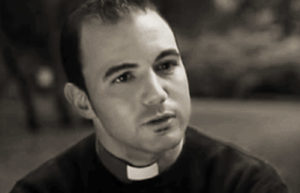
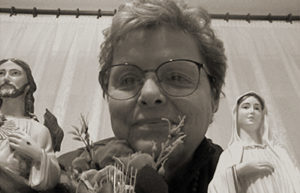 Valeria Copponi
Valeria Copponi